Zero Waste Lifestyle: The Shocking Truth
Living a zero waste lifestyle is a game changer! Not only for the planet but also for the well-being of every living thing in it. As a result, more and more individuals are making conscious efforts to reduce their carbon footprint.
Brace yourself for a journey that will inspire you to take action towards a cleaner, healthier, and more sustainable future. Get ready to challenge conventional living altogether, explore the eye-opening realties of a zero waste lifestyle, and discover the secrets to reducing your environmental footprint with a waste-free existence. It all starts here.,
From the mind-boggling amounts of trash to the astonishing benefits of going zero waste, we’ll go deep into the complexities of our relationship with plastic & waste.
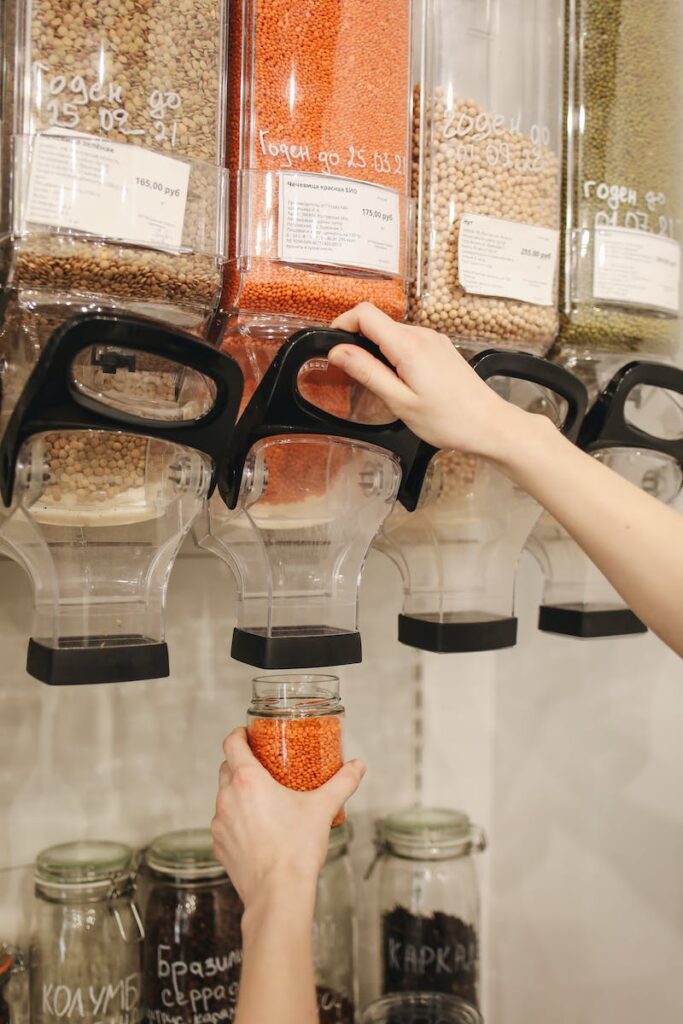
In recent years, there has been a growing awareness of the environmental impact of human activities, and for good reason! According to information taken from the Environmental Protection Agency, a little over four pounds of trash per day and roughly 1.5 tons of solid waste per year are generated by the average person.
What’s a Zero Waste Lifestyle?
A zero waste lifestyle is based on the principle of sending nothing to the landfill. It encourages the practice of waste prevention such as recycling and composting over the traditional “take, make, dispose” mindset. By adopting a zero waste approach, we can reduce the amount of non-biodegradable waste we generate.
Living a zero waste lifestyle not only has the potential to transform our world, but it also holds remarkable benefits for both individuals and the environment. By challenging the status quo and reevaluating our relationship with waste and plastic, we can unlock a host of surprising advantages that come with embracing this eco-friendly way of living.
The Environmental Impact of Waste
The environmental impact of waste is profound and far-reaching. Excessive waste contributes to various ecological and human health issues. Landfills, which are commonly used to dispose of waste, emit harmful greenhouse gases like methane, which accelerate climate change. The improper disposal of hazardous waste can contaminate soil and water, posing risks to both ecosystems and public health. Ocean pollution is another critical concern, as waste, particularly plastics, harm marine life and disrupt aquatic ecosystems.

The Role of Plastic in Our Lives
Plastic has become an integral part of our modern lives, woven into our existence in ways that are often overlooked or taken for granted. From the moment we wake up to the time we go to bed, plastic is present in various forms, from the toothbrush we use in the morning to the container that holds our leftovers.
Its versatility and convenience have made it a staple material in countless industries, but its impact on our environment and health cannot be ignored.
Plastic waste poses a significant threat to our planet. Every year, millions of tons of plastic find their way into our oceans and landfills, (check out the Great Pacific Garbage Island) polluting the very ecosystems that sustain us.
The durability of plastic is both a benefit and a curse, because it allows for long-lasting products, but also means that plastic waste can persist in the environment for hundreds of years, slowly breaking down into harmful microplastics that leach toxins into the soil and water.
Beyond its environmental implications, plastic also poses risks to our health. According to data researched and collected from ACS Publications, Many plastics contain chemicals known as endocrine disruptors, which can interfere with hormonal balance and potentially lead to various health issues.
These chemicals can leach out of plastic products and find their way into our bodies through ingestion, inhalation, or skin contact. Research has linked certain types of plastic to reproductive disorders, developmental delays in children, and an increased risk of certain cancers.
Recognizing the role of plastic in our lives is the first step towards adopting a zero waste lifestyle. By understanding our plastic consumption, we can start making conscious choices to reduce our reliance on this material.
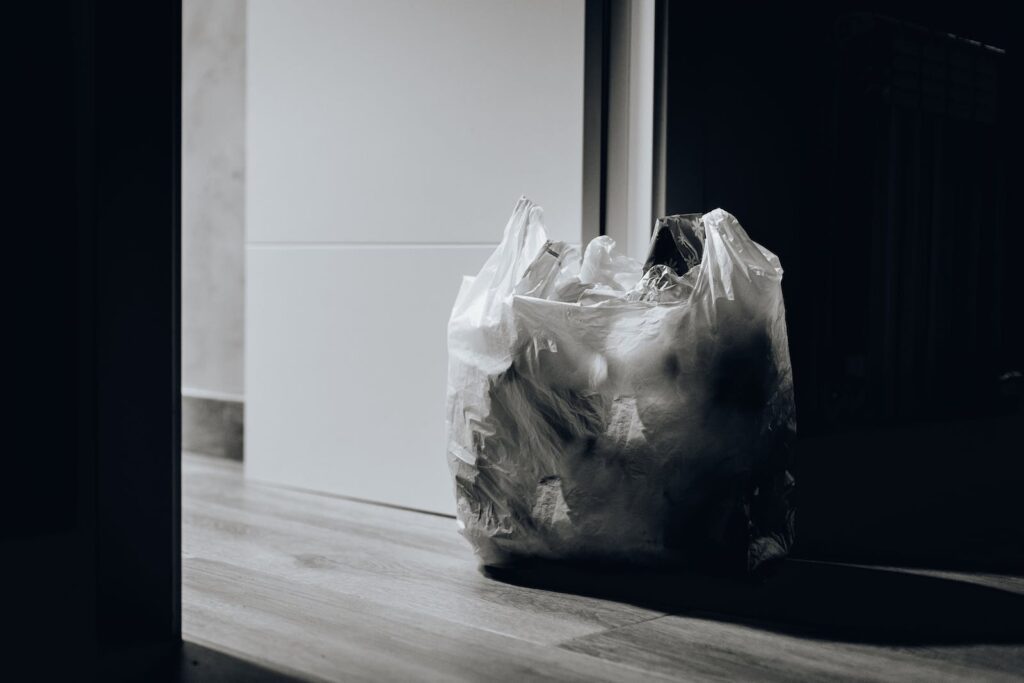
Analyzing Our Habits
To begin your zero waste journey, start with your daily activities. Analyze the items you dispose of and find opportunities to reduce waste. Look for reusable alternatives to single-use products like plastic bags, bottles, cutlery, paper towels & dryer sheets. This process will help you understand your waste generation patterns and tailor your zero waste plan.
RELATED: Dryer Balls: Embrace a Greener Laundry Routine
The Surprising Benefits of Going Zero Waste
One of the most notable benefits of going zero waste is the impact it has on your health. By reducing your exposure to harmful chemicals and toxins found in many conventional products, you can improve your overall well-being.
From personal care items to cleaning supplies, transitioning to toxic free/zero waste alternatives will result in a healthier and safer living environment for ourselves and our loved ones.
RELATED: Boho guide to detoxify life
Additionally, a zero waste lifestyle also has HUGE financial advantages. By focusing on reusing and repurposing items, we can save money and reduce our expenses in the long run.
Instead of constantly buying new things, we learn to appreciate the value of what we already have, leading to a more mindful and sustainable approach to consumption. With the money saved, we can invest in experiences or causes that truly matter to us, further enhancing our personal fulfillment and purpose.
Beyond individual benefits, going zero waste has a profound impact on the environment. The production, transportation, and disposal of single-use items contribute significantly to greenhouse gas emissions and other environmental issues. By choosing reusable alternatives and supporting businesses that prioritize sustainability, we contribute to a cleaner and healthier planet for future generations.
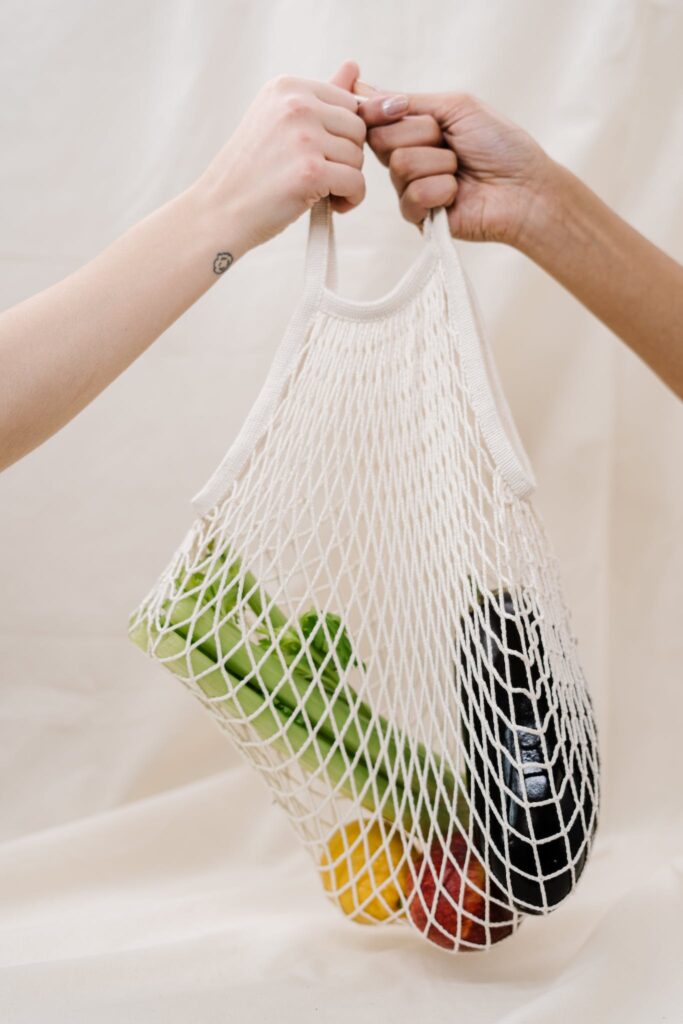
Easy Steps to a Zero Waste Lifestyle
Transitioning to a zero waste lifestyle may seem like work, but with a few practical steps, you can gradually incorporate sustainable practices into your daily routine.
For example, consider replacing single-use items like plastic water bottles with a reusable water bottle, opting for cloth napkins instead of paper towels, or using dryer balls over dryer sheets. These simple swaps can go a long way in reducing waste and minimizing your environmental footprint.
RELATED: Dryer Balls: Embrace a Greener Laundry Routine
Incorporating the 5 R’s
The 5 R’s form the foundation of a zero waste lifestyle
- Refuse: Say no to unnecessary items and packaging, especially single-use plastics.
- Reduce: Minimize your consumption and only purchase what you truly need.
- Reuse: Go for reusable alternatives whenever possible, such as water bottles, shopping bags, and food containers.
- Recycle: Ensure proper recycling of materials that can be repurposed.
- Rot: Compost organic waste to enrich the soil and reduce landfill burden.
Sustainable Shopping
Support local businesses and ethical brands that align with zero waste principles. Look for products with minimal packaging or go for package-free options in bulk stores. You could also consider buying second-hand items and embracing the concept of “upcycling” to give new life to old goods.
Check out local farmers’ markets or stores that offer bulk refill options for items like pantry staples, cleaning products, and personal care items.
Transitioning to a zero waste lifestyle is a journey, and each small step you take adds up to a significant change.
Eco-Friendly Home Practices
Make your home more eco-friendly by adopting simple habits such as turning off lights when not in use, reducing water consumption, and using energy-efficient appliances. Composting kitchen waste and setting up a recycling station will also contribute to a waste-free household.
Sustaining Your Future
Acknowledging how much plastic you come in contact with everyday is the first step to reduce your consumption of microplastics. Start by making conscious choices to eliminate your reliance on plastic & choosing re-usable alternatives.
By striving to reduce waste at its source and embracing practices that prioritize reusing and recycling materials, we make a profound impact on the planet. A zero-waste lifestyle not only significantly lessens the strain on landfills but also conserves valuable resources, reduces pollution, and minimizes our carbon footprint.
It encourages a conscious and mindful approach to consumption, focusing on quality over quantity and choosing products that are durable and environmentally friendly.
The Most Environmentally Friendly
-joshua becker
Product Is The One You Didn’t Buy!

Embracing the Zero Waste Lifestyle
In a world where convenience often overshadows environmental responsibility, it’s time to challenge yourself. Every small action we take towards a waste-free existence carries the potential for immense change.
Now that we understand the importance of reducing plastic waste and its impact on the environment, it’s time to take our commitment to the next level.
Embracing the zero waste lifestyle is not just about reducing our plastic consumption; it’s about re-evaluating our entire approach to consumption and waste in general, shifting our focus towards sustainable alternatives and prioritizing a circular economy.
This means having a minimalist mindset, reusing, repurposing, and recycling as much as possible, placing value on quality over quantity, & striving to send nothing to the landfill.
Reducing food waste is a crucial element of the zero waste lifestyle. By planning meals, utilizing leftovers, and composting organic waste, we significantly decrease the amount of food that ends up in landfills.
Frequently Asked Questions
“You cannot get through a single day without having an impact on the world around you. What you do makes a difference, and you have to decide what kind of difference you want to make.”
jane goodall
Start your Zero Waste Journey Today!
Let’s begin our journey towards a waste-free existence, armed with the knowledge and determination to make a lasting impact. Join the movement towards a cleaner, eco-friendly future.
Share your knowledge and inspire others to join the cause. By spreading awareness through social media, community events, or even simple conversations with friends and family, we can create a ripple effect that amplifies the impact of our individual actions.
Together, let’s build a world where waste is minimized, resources are cherished, and our actions reflect a deep respect for the Earth we call home.
Happy Living!
I hope you have found these tips helpful & give ’em a try today! 🌍🌿💚
Toxic free life
Check out our latest posts
- Affirmations for Positive Thinking
- Benefits of Celtic Sea Salt: Worth Your Weight In Salt
- Zero Waste Lifestyle: The Shocking Truth
- Dryer Balls: Embrace a Greener Laundry Routine
- Benefits of Microgreens
About Me

check out our story here
Thank you for reading! If you Care or if you Dare….. give it a share! <3
cheers to your journey on sustained growth & good vibes !
-Tills

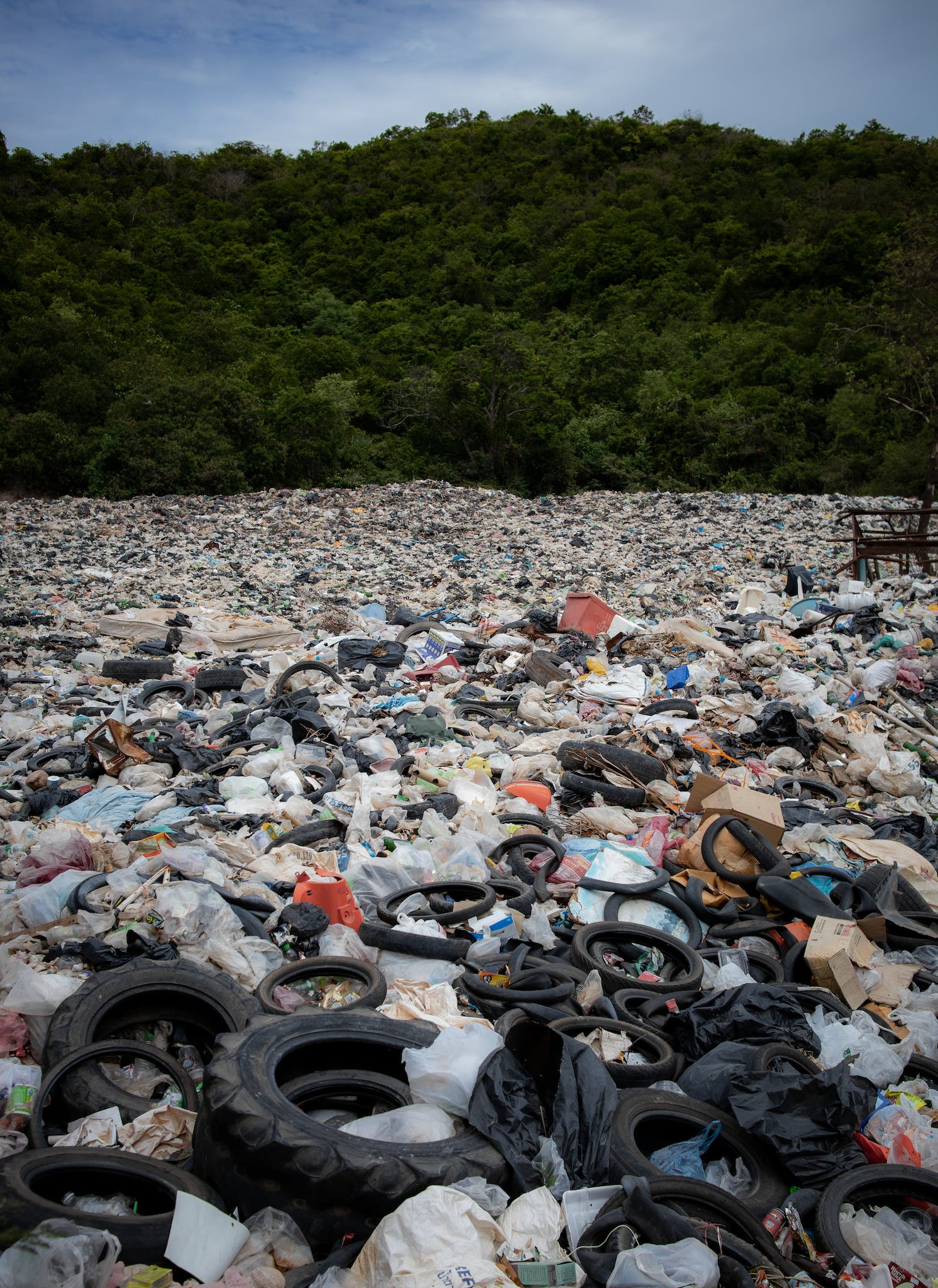
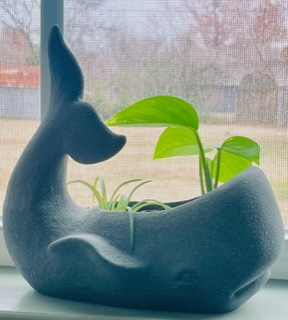



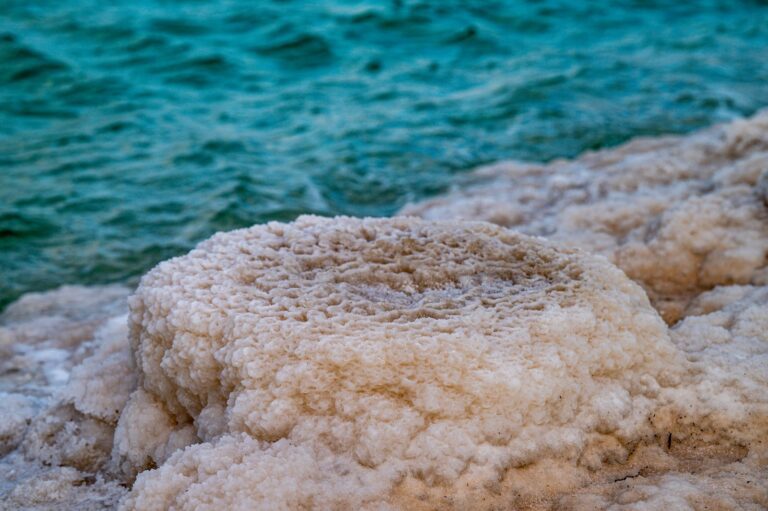
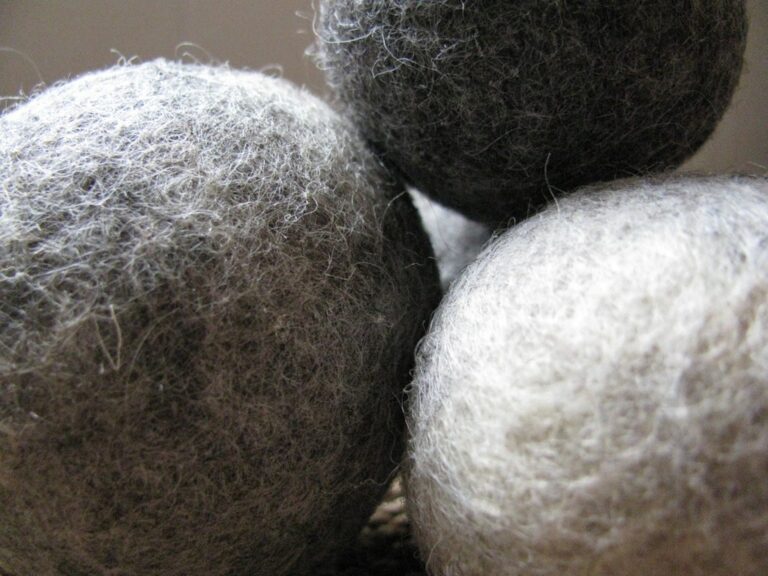
Leave a Reply